ESG's alphabet

Keytrade Bank
keytradebank.be
March 04, 2020
(updated September 06, 2022)
4 minutes to read
Bonds
Although the bonds market is far bigger than the shares market, the ESG criteria are still primarily applied to shares. One of the reasons behind this is that governments are a major issuer of bonds. Yet traditionally, they release far less data about sustainability than companies.
Criteria
ESG stands for Environmental, Social and Governance – the benchmark nowadays when it comes to sustainable investments.
In order to assess whether an investment is sustainable, a company or government is reviewed according to these three criteria. The result is an ESG score or rating.
Companies that 'behave themselves' receive a high rating, while companies that have connections with corruption, child labour or poisoning rivers, for example, receive a low rating. This system allows investors to assess how sustainable an investment is.
Environmental
The environment is the first ESG criterion. What efforts are made by the company or government to limit their greenhouse gas emissions? How economical are they in terms of raw materials and water? To what extent are renewable energies used? How sustainable are the company or government buildings? What about the vehicle fleet? And much more besides.
Funds
Many ESG investment funds have entered the market in recent years. An ESG fund is a basket of shares and/or bonds that meet certain ESG criteria. Some ESG funds focus on certain themes (sustainable mobility, sustainable energy, gender equality, etc.), while others focus on specific regions or trends.
Sustainable investing through an ESG fund is a simple solution:
- You don't need to select individual shares and bonds yourself.
- A fund can invest in dozens – or even thousands – of companies, spreading the risk.
- A manager monitors the fund's performance and the ESG policy, meaning you don't need to do much homework.
Governance
Good or clear governance is also a worthwhile criterion, even though this is a bit more difficult to measure than environmental factors. Which lobbying policy is followed? How transparent is the accounting? What measures are in place to combat corruption? How large is the pay gap between management and employees?
Integration
When we talk about sustainable investing, the first thing we think of are 'green' investments. That's easy to explain, as the climate is a key issue nowadays. And things such as CO2 emissions, waste, water consumption, raw materials consumption and energy can easily be shown in figures.
Yet it's not only the 'E' in ESG that plays a role – the 'S' and 'G' are significant, too. Companies that recycle waste in an orderly manner, keep packaging to a minimum and install solar panels on the roofs of company buildings are, of course, doing their bit. But if the same companies bribe officials or allow employees to work in unsafe conditions, sustainability is no longer on the agenda. That's why we talk about ESG integration: all three criteria are important.
Labels
For investors, it's not always clear what's involved when it comes to sustainability or ESG. That's why various sustainability labels have been established in recent years. These labels offer an additional guarantee to investors who are wondering what exactly is hidden in their ESG investment. The landscape for such labels, however, is somewhat fragmented at present. It's therefore a good idea to keep an eye out for the Belgian label for sustainable investments, too.
Rating
ESG ratings are carried out by (independent) ratings agencies such as Sustainalytics and MSCI, while banks and asset managers also often give ESG ratings to bonds and shares. These ratings are not always the same: company A can receive a score of 87 from ratings agency X and a score of 79 from ratings agency Y. This is because each ratings agency can determine for themselves where they set the threshold. As such, there is no universal standard for ESG ratings (yet). However, initiatives are being developed to achieve more uniformity.
Return
A large number of investors believe that sustainable investments provide lower returns. The figures, however, show that this assumption is unfounded. Almost all studies – and we're talking hundreds of them – point out that sustainable investments can be just as profitable in the long term.
Risk
As a rule of thumb, you could say that companies with a lower ESG rating are a riskier investment. This may be because they are more exposed to social unrest, reputational damage, tax fines and more. Companies with a high ESG rating, on the other hand, can benefit from higher productivity due to satisfied employees, and find it easier to attract the top talents. Taking ESG criteria into account can therefore be useful when making an investment decision.
Social
Societal factors also play their part when it comes to sustainability. How many jobs does the company create for local people? How much money goes into the local economy and to local suppliers? What is the ratio of male and female staff, and older and younger employees? Is the number of accidents at work rising or falling? How many trainees can gain work experience at the company each year? How can the company increase our quality of life (by offering healthy food options or developing safer products, for example)? What efforts are made by the company in terms of diversity and equality? How does the company act when it comes to our privacy?
Volume
Nowadays, investors are increasingly looking beyond the figures and returns generated by their investments, as the added value that companies can create for society and the environment also count, too. That explains why sustainable investments are increasingly becoming the norm. Furthermore, this is also reflected in the volumes – $13,600 billion was invested according to ESG criteria in 2012, while the most recent study (early 2018) reported this had increased to more than $30,700 billion.
Other articles that might interest you
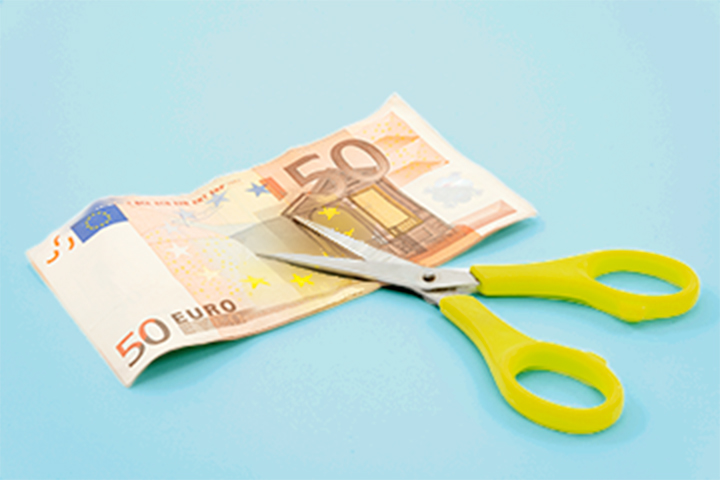
Capital gains tax: how will it affect your portfolio?

ChatGPT as financial adviser: reliable or not?

Monthly video 2026

Stock market romance: profiting from Valentine’s Day?

Investing in the $1,000 club

Why you should pay in the maximum amount to your pension savings in January

Monthly video 2025
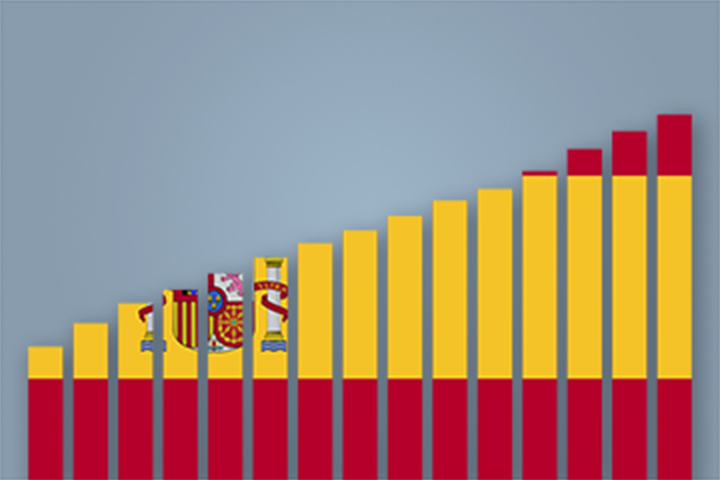
From siestas to sprints, the Spanish stock market surprises investors
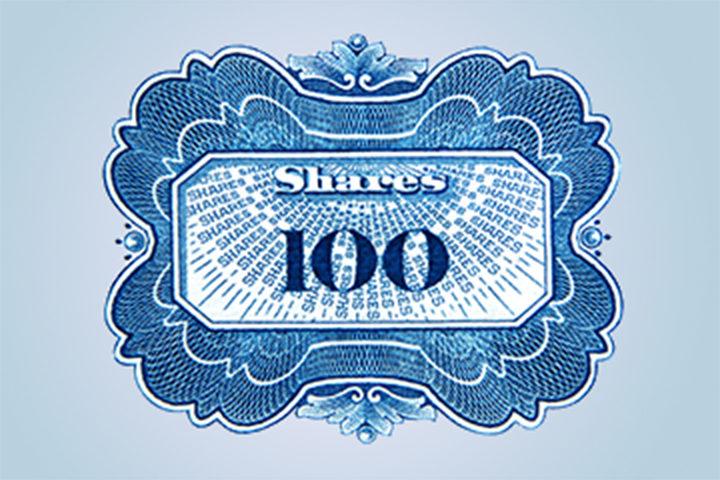
Is it time to say goodbye to bonds?

Will AI replace human investment advisers?

How can I invest or save better for my child?
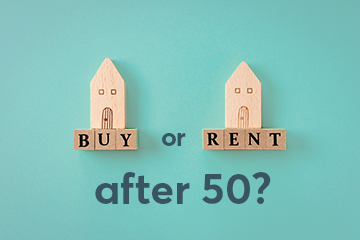
Buying or renting after you turn 50: which option is best for your future plans?
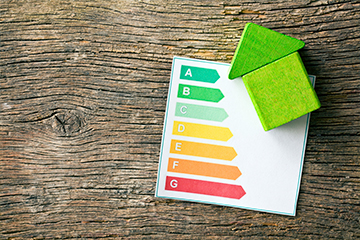
Don't forget to include your EPC in your credit application

Is a buy-to-let property a smart investment?
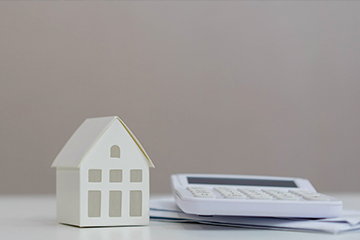
How much can you borrow for a home?
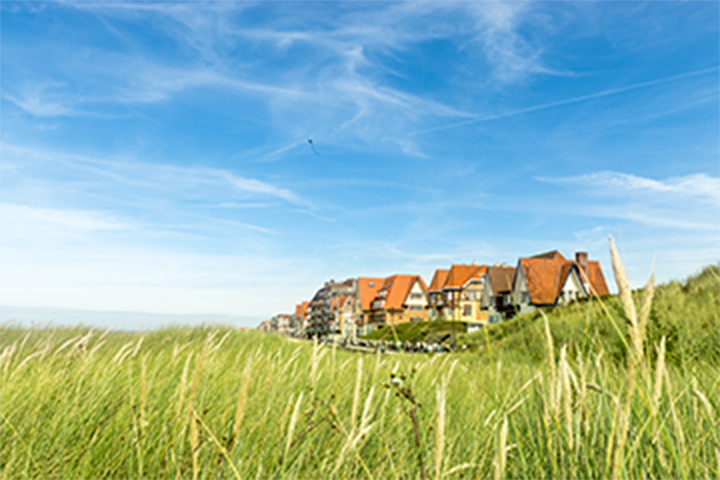
Borrowing for a second home: what are your options?
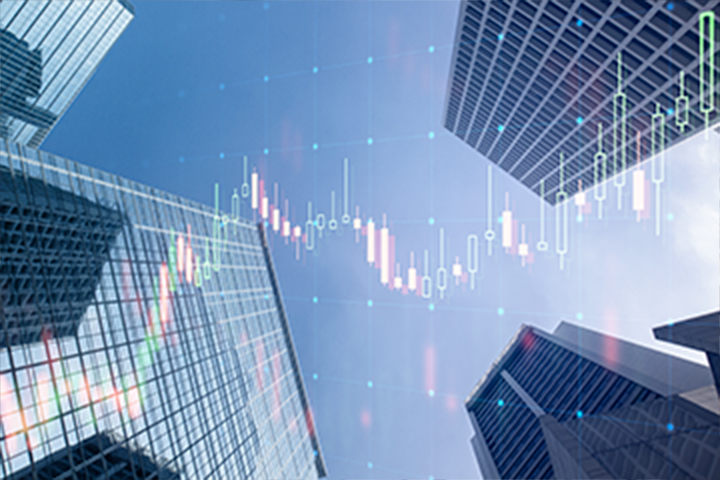
Property shares: ripe for a comeback?

10 tips for the novice property investor

Investing in your partner’s home? Don’t make these mistakes!

Ever heard of the Zweig Breadth Thrust?

Humanoid robots: hype or golden opportunity for investors?

Defensive shares as a buffer?
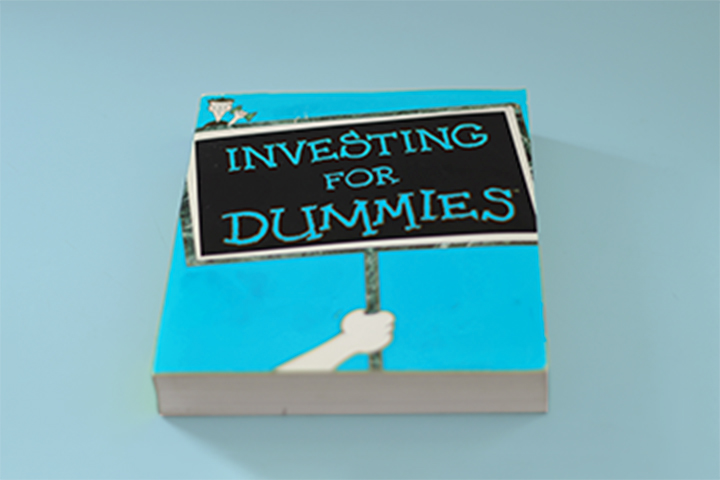
A beginner's guide to buying shares in five steps

Monthly video 2024

Investing when money is tight: being ambitious pays off!

40 years of pension savings: what will you spend it on (literally)?
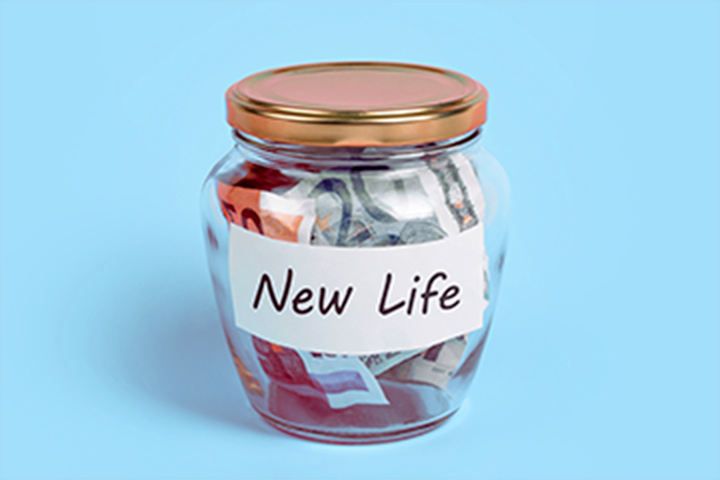
From FOMO to ZERO bank account? 5x pension savings to the rescue

Start growing your pension sooner rather than later
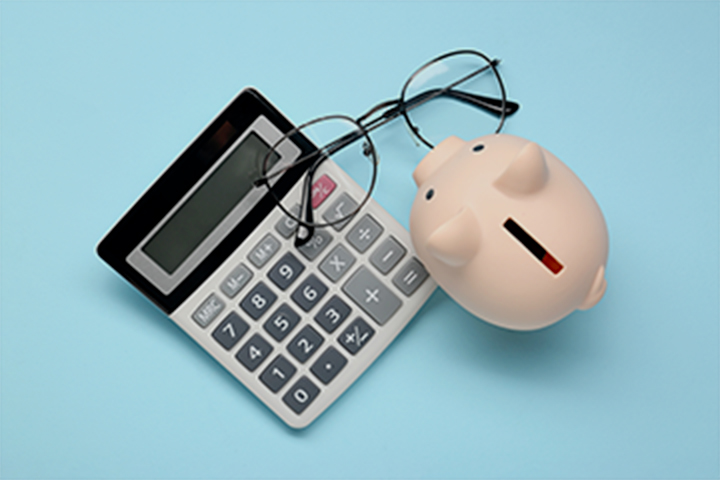
Pension savings returns: these choices give the maximum payout

Why pension planning is even more important for women
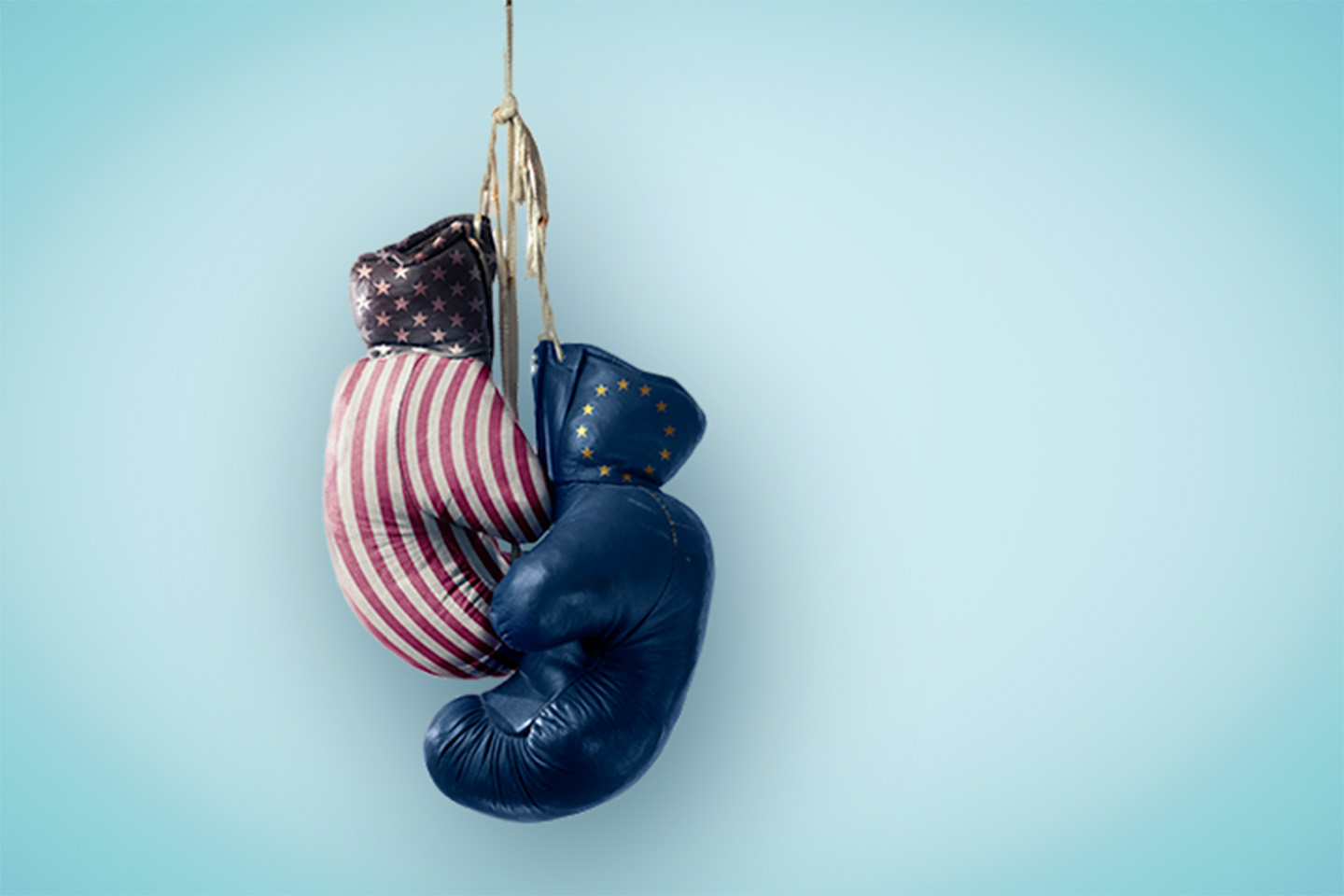
United States 1, Everyone Else 0
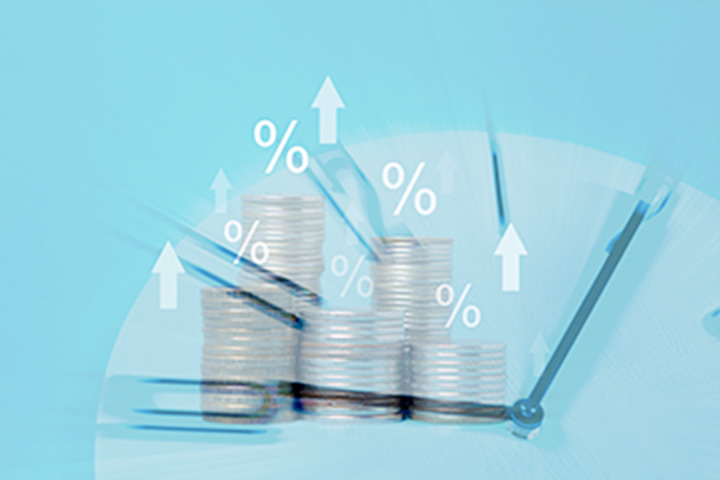
When should you start investing? Seven potential key moments in your life

Did you just purchase shares? Why you should immediately set a stop-loss

Are there shortcuts to becoming financially independent?

A potential worldwide trade war is claiming European victims

Ever thought of investing in the pet industry?

Have long-term interest rates once again started a 40-year uptrend?

Graph of the Week: Magnificent 7 vs 2000s Tech Bubble

5 mistakes investors make in volatile markets

Keytrade Bank 'Second Serve' project gives a new lease of life to old padel balls

Government bonds, savings accounts, or term accounts: which should you choose?

House flipping: is it worthwhile?
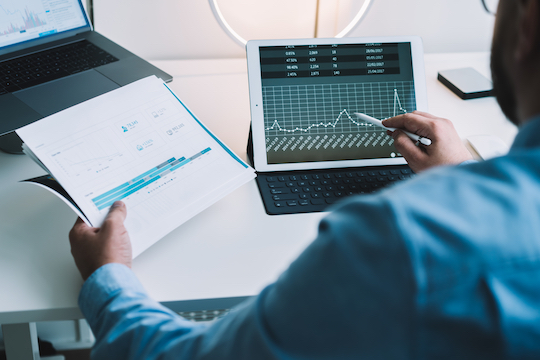
Investing in dividend shares: what to look for?
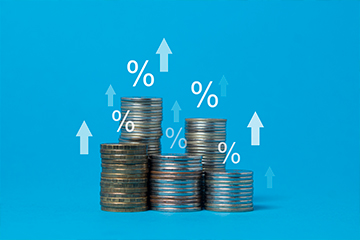
Why high dividend yields can be a poisoned chalice

3 ways to invest when you don't have much time.

How do you select an investment fund for your child?

Robotics: From science fiction to science

Coronablog by Geert Van Herck: Market Observations
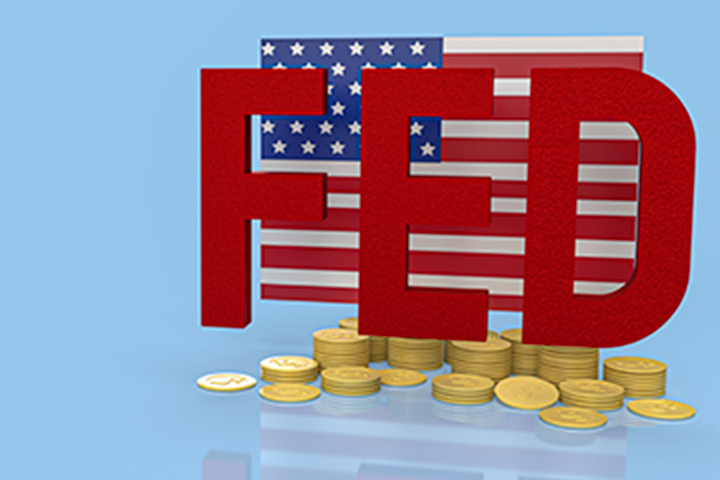
Is it the right time to invest in bonds?

Have you ever thought about investing for your children?

How can you invest in space travel?

Invest yourself or have someone do it for you: do you have to choose?

What do you have to tell the tax man about your money and investments?

Monthly video 2023

How can you invest in an ageing population?

How do elections affect the stock market?
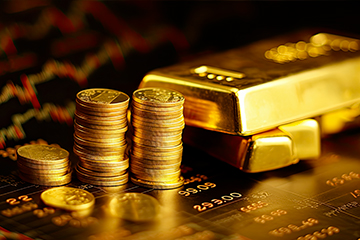
Golden days? Why to invest in gold (or not)
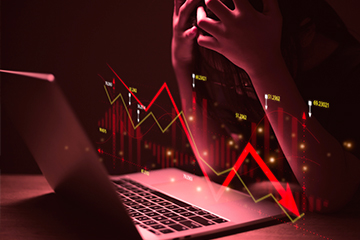
Watch out, danger's about
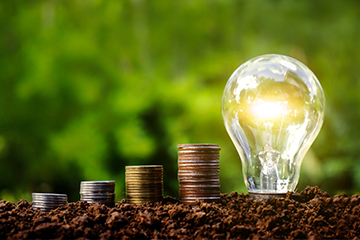
How to invest in the energy transition?

Is India the new China?
Which sectors should remain overweight following the latest rate hike?

Keytrade Bank chose SOPIAD to integrate a ‘sustainable preferences module’ in Keyprivate

8 timeless rules for investors
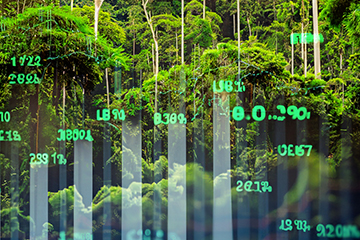
Investing in biodiversity: can Wall Street save the rainforest?
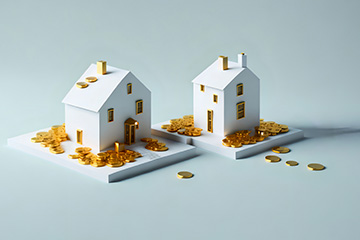
Saving for the sake of saving? Or with a goal in mind?

How do you prepare financially for a longer life?

Investors, keep your emotions in check!

How natural disasters affect the economy and the markets

How much diversification is enough for your portfolio?

Which investment opportunities are available on the road to smart mobility?

A vitamin shot for your investments
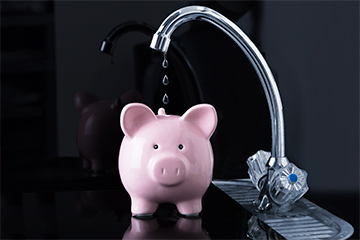
Does water earn a place in your portfolio?
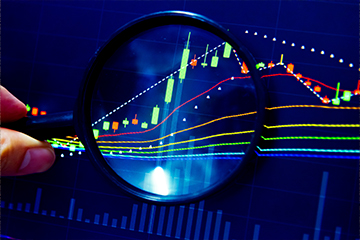
Bonds to rise in 2023?

Monthly video 2022

A recession and yet the markets are going up?!
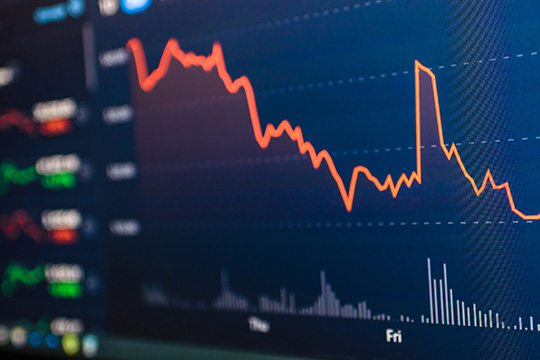
Is tighter monetary policy acting as a brake on the stock market upturn?

Getting nervous about the stock market? Take a look at the 200-day moving average

How do you find out what a company’s ESG rating is?

How can you make an investment portfolio inflation-resistant?

CARD STOP has a new number! 078 170 170

Monthly video 2021
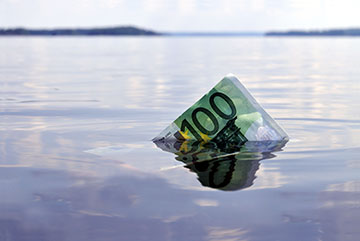
Five tips for keeping a cool head when the stock market becomes turbulent

How do I choose the right shares?

Short selling: what is it and how does it work?

10 things you can do within a day to improve your financial health

How to protect your capital in the event of a divorce

Timing is everything: how to choose the right time to enter the stock exchange?

La technologie préserve les investisseurs contre l'utopie

Why (not) invest in micro-caps?

Rising debt: is it a problem?

Funds and trackers: do you opt for capitalisation or distribution?

Can I invest even if I do not have a large sum of money available?

What do I do to balance my investments?

CARD STOP has a new number! 078 170 170

Always have a megatrend in your portfolio

The lazy marathon investor

Are we heading into a year-end rally by the stock markets?

Coronablog de Geert Van Herck: La panique atteint des sommets… énième épisode

Coronavirus blog by Geert Van Herck: S&P 500 indicates a positive trend

What retirement pension will you get later?

How can we cope with financial stress?
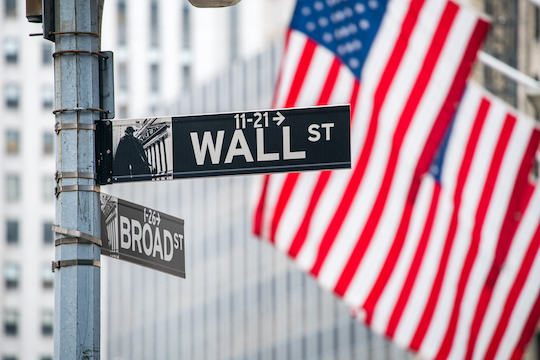
US stock market dominance not coming to an end yet!

Going for gold? Gold is apparently going for it.

Are you a contrarian investor?

























































































